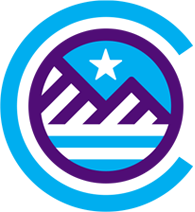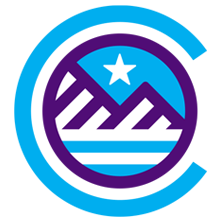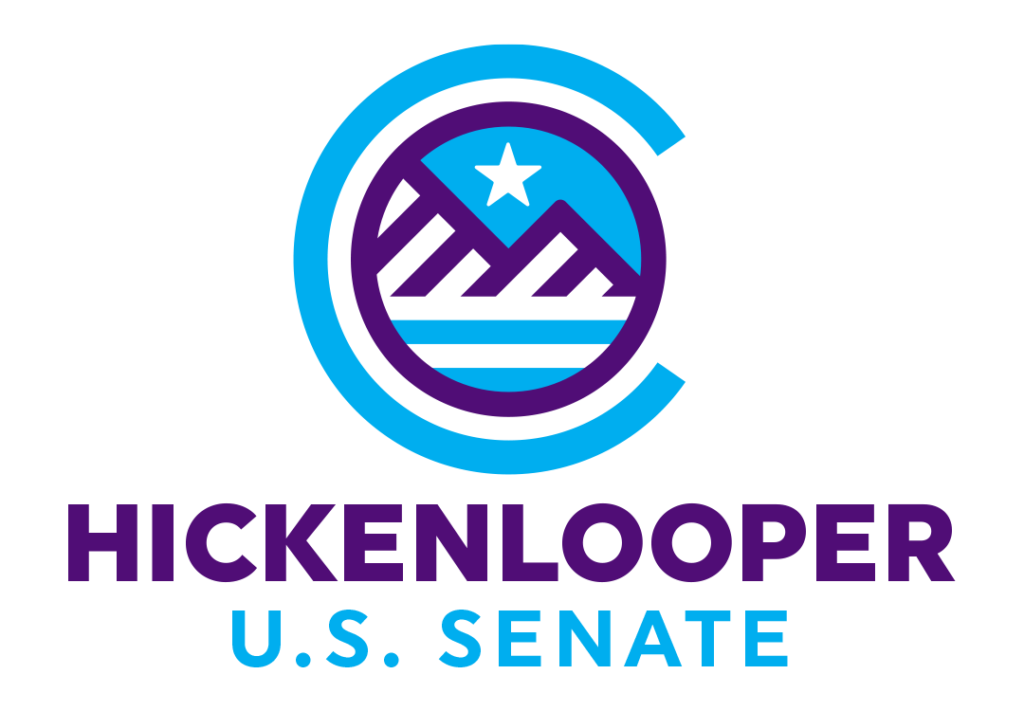Gardner does nothing as survivor calls for false ad to be taken down
While Senator Cory Gardner has ignored pleas from a Firestone survivor to speak out and have the NRSC’s “horrifying” ad pulled down, national and local fact checkers have thoroughly debunked it.
Marshall Zelinger of Denver’s 9News said of claims in the ad “smells like sh*t.” Factcheck.org reported it “lacks proof.” KDVR called it “misleading,” and Denver 7 highlighted some of the critical industry wide reforms John Hickenlooper implemented after the Firestone incident.
Despite pleas from Erin Martinez, a survivor of the Firestone tragedy, Senator Gardner has refused to do anything to have the ad pulled down.
Read below for a roundup and key highlights of these recent fact checks:
9News: Truth Test: Ad makes claims about Hickenlooper regarding Firestone explosion
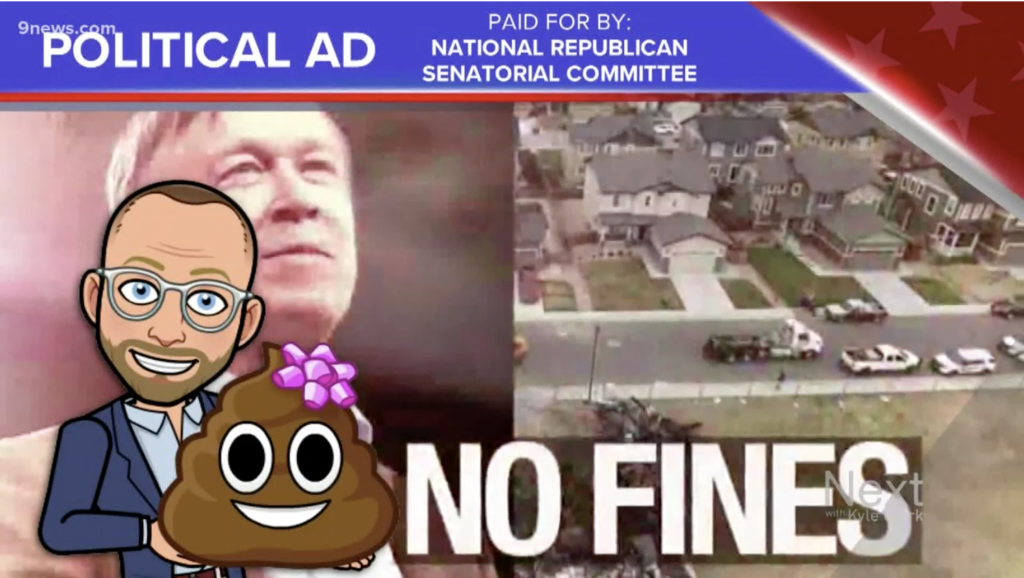
“This claim smells like sh*t…—. That’s because Colorado’s Oil and Gas Conservation Commission did fine Anadarko $18 million, but not until March 2020. Hickenlooper term ended in January 2019.”
Factcheck.org: NRSC’s Attack on Hickenlooper Lacks Proof, Context
A Republican TV ad strongly implies — without proof — that former Colorado Gov. John Hickenlooper accepted donations in exchange for not penalizing an oil and gas company involved in a fatal home explosion in 2017.
…
But the NRSC provided no actual proof that the donations influenced any decisions that Hickenlooper made after the accident. The ad’s other claims lack important context, as well.
Denver 7: Governor Hicklenooper did push for more regulations on oil and gas lines
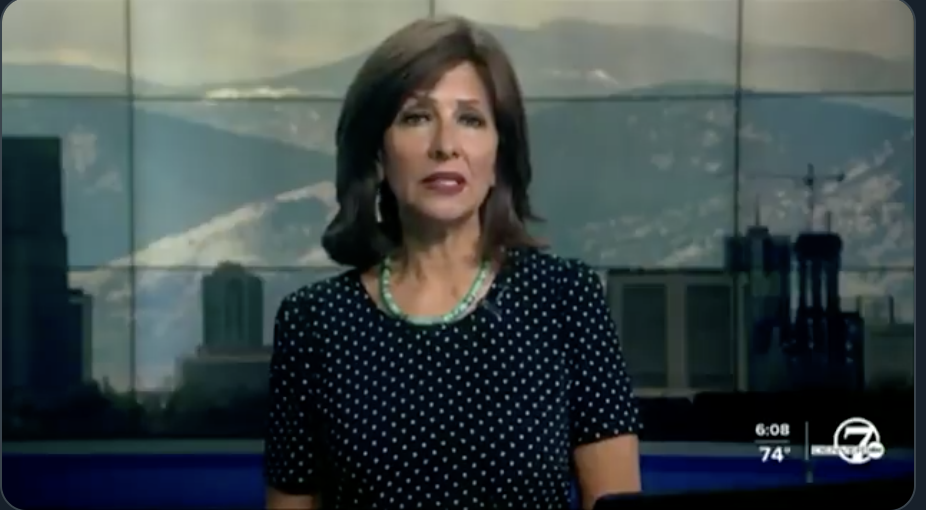
KDVR: Truth check: Firestone explosion attack ad
Exact quote in ad: “John Hickenlooper – he took the money but let them get away with it.”
Verdict: Misleading
Reason: Yes, while Hickenlooper was governor, his office took the donations from Anadarko. But again, the COGCC is tasked with regulating and penalizing oil and gas companies, not the governor. And nearly two weeks after the explosion, then-Gov. Hickenlooper issued a directive that ordered all oil and gas companies to inspect all of their lines within 30 days and test or safely cap them within 60 days.
